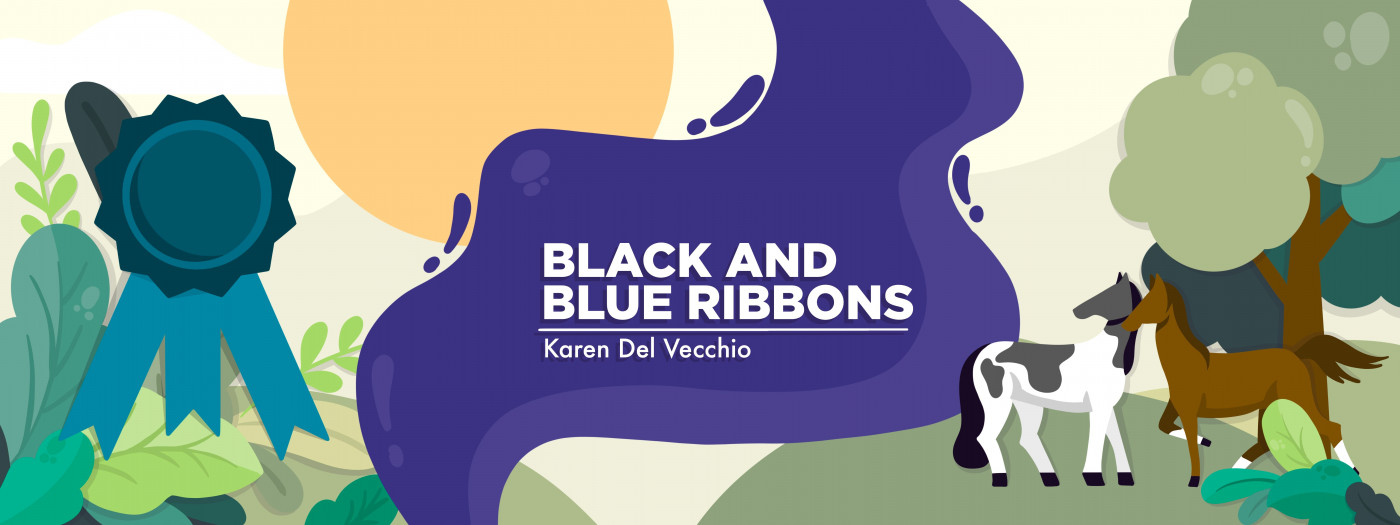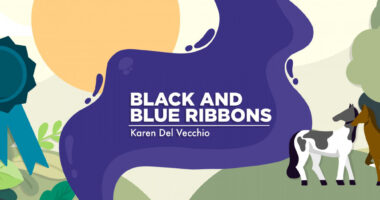Is There a Scientific Connection Between Lack of Sleep and Pain?
Research may support a columnist's experience with the effects of lack of sleep

As I recently scrolled through the news, a CNN article caught my eye. The headline was, “What you should know about sleep loss and inflammation, according to new study.” I was immediately intrigued, as just last week I wrote about my extreme fatigue, wondering if it played a role in my most recent pain flare and soreness related to Ehlers-Danlos syndrome (EDS). I also wondered if my pain was related to my sleeping positions, since I was so tired.
The article provided some fascinating information.
It summarized a recent study, “Sleep exerts lasting effects on hematopoietic stem cell function and diversity,” from the Journal of Experimental Medicine. The study examined the effects of sleep on young, healthy adults. In the first six weeks, the 14 subjects got seven to eight hours of sleep at night, as recommended by the Centers for Disease Control and Prevention. After a break, the participants had 90 minutes less sleep each night for the following six weeks.
Researchers tested blood samples taken in the mornings and evenings for immune cell reactivity. There were no negative changes for those who’d had the full night of sleep, but those with too little sleep saw those changes.
“This defect of the sleep restriction was very specific to one type of immune cell called a monocyte, whereas other immune cells did not respond,” study co-author Cameron McAlpine told CNN. “This is a sign of inflammation.”
Since the study was so small, its results can’t be considered scalable, but it certainly opens up the door for more research examining the possibility of this phenomenon. The researchers suggested that adults get sufficient sleep each night, especially those with underlying medical conditions like EDS.
I’m an analytical person by nature, so I’m always looking for connections, patterns, and answers. That can be hard because sometimes you just can’t put the pieces together, especially with rare diseases. I can spot the pattern, or see possible connections, but that doesn’t always mean that they’re directly related.
As the old research saying goes, “Correlation does not imply causation.” In other words, just because two things happen at the same time doesn’t necessarily mean that one caused the other. But that doesn’t mean I won’t try to figure it out anyway!
My mind immediately started whirling through what I experienced the past few weeks. I absolutely noticed that my inflammation and pain increased during a week of little sleep. I was beyond exhausted, and each night that I didn’t get enough sleep made it worse. Unlike some pain flares, this time there was no specifically identifiable incident that set it off — I didn’t fall, strain, or hurt myself in any noticeable way.
When I wrote about my pain and exhaustion in my last column, I was simply conjecturing possibilities; seeing this article days later made me realize that maybe there was a scientific explanation for the seeming connection between my lack of sleep and pain.
This possibility is particularly important for me as it reminds me to practice self-care and prioritize getting sufficient sleep whenever possible. Life happens, and there will always be days when we get to bed late, but when I have the choice to stay up to watch a TV show or read a book for a while, for instance, I need to balance that decision with putting my sleep at the forefront.
After all, that show, book, or activity will still be there tomorrow. And if I get a good night’s sleep, I’ll enjoy them a lot more the following day.
Note: Ehlers-Danlos News is strictly a news and information website about the disease. It does not provide medical advice, diagnosis, or treatment. This content is not intended to be a substitute for professional medical advice, diagnosis, or treatment. Always seek the advice of your physician or another qualified health provider with any questions you may have regarding a medical condition. Never disregard professional medical advice or delay in seeking it because of something you have read on this website. The opinions expressed in this column are not those of Ehlers-Danlos News or its parent company, Bionews, and are intended to spark discussion about issues pertaining to Ehlers-Danlos.








Kris Dhabolt
I'm too tired and full of pain to post a long comment. Maybe if I can sleep tonight, I will post something tomorrow. Doubt it. I never sleep and I always hurt.